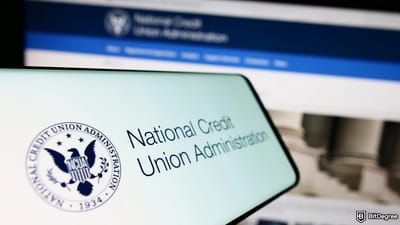Stop overpaying - start transferring money with Ogvio. Sign up, invite friends & grab Rewards now! 🎁
Stablecoin Showdown: South Korea’s Parties Face Off on Crypto Rules
Key Takeaways
- South Korea’s major parties proposed separate stablecoin laws with differing rules on interest, backing, and issuer requirements;
- Ahn Do-geol’s plan demands full asset backing, bans interest, and requires $3.6 million in capital per issuer;
- Kim Eun-hye’s bill focuses on licensing and transparency, which leaves interest payments open to interpretation.
South Korea’s two main political parties have introduced separate plans for regulating won-based stablecoins, each taking a different approach to key issues.
The proposals were submitted to parliament on July 28, which set up a debate over how digital currencies tied to the Korean won should be handled.
Ahn Do-geol from the Democratic Party introduced a plan that takes a strict stance. It requires companies that issue these stablecoins to get approval from the Financial Services Commission and hold at least 5 billion won (around $3.6 million) in capital.

Did you know?
Subscribe - We publish new crypto explainer videos every week!
Copy Trading Guide for Beginners (ANIMATED EXAMPLES)


These tokens would need to be fully backed by liquid assets like cash, government bonds, or demand deposits. Ahn’s proposal also clearly bans paying interest on these coins.
In contrast, Kim Eun-hye from the ruling People Power Party submitted a more flexible version. Her plan focuses on setting clear rules for licensing and information sharing.
Stablecoin issuers would have to provide whitepapers and detailed product descriptions. Kim’s proposal does not mention anything about interest payments, which leaves the door open for that possibility.
Both proposals allow the Bank of Korea to access information and carry out inspections if needed, especially to help with monetary policy. They also outline what happens if a company goes bankrupt.
Ahn’s bill states that user funds must be returned within three working days and cannot be used to settle other debts. Kim’s bill includes similar points, though it emphasizes keeping the issuing companies financially healthy.
Meanwhile, the Hong Kong Monetary Authority (HKMA) recently announced a new rule, known as the Stablecoin Ordinance. What is it? Read the full story.




















